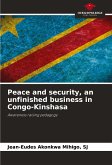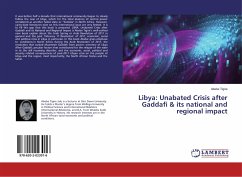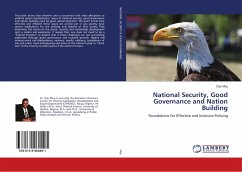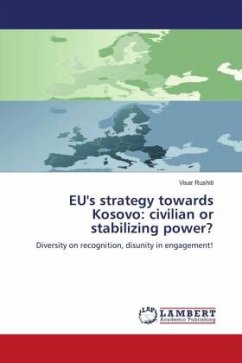Against the background of post-modern forms of conflict, accompanied by the reportedly worsening human impact of new wars after the end of the Cold War, human security gradually came to the fore. In contrast to conventional understandings of security, the concept of human security places more emphasis on human rights, and the safety of people and communities. By analyzing the relevance of intentional killing of non-participant civilians for the international community's decision to intervene with a peace mission, this book seeks to empirically study how human security works in practice. It compares both possible intervening agents and different world regions. Eventually, two opposing views of human security - a cosmopolitan and emancipatory post-liberal version and a biopolitical and de-empowering post-realist version - are presented in order to assess the status and application of the concept.
Hinweis: Dieser Artikel kann nur an eine deutsche Lieferadresse ausgeliefert werden.
Hinweis: Dieser Artikel kann nur an eine deutsche Lieferadresse ausgeliefert werden.








